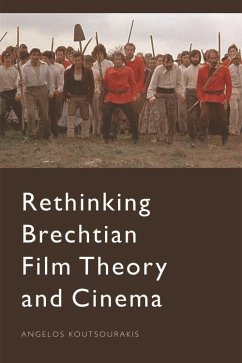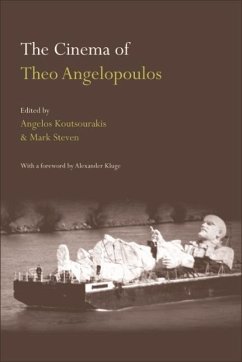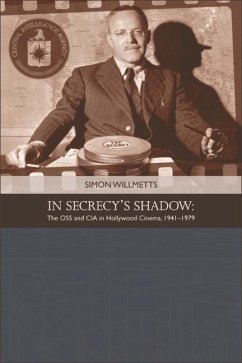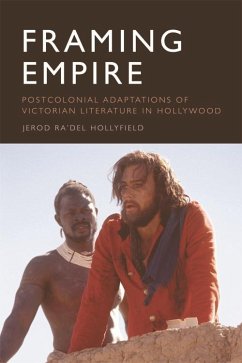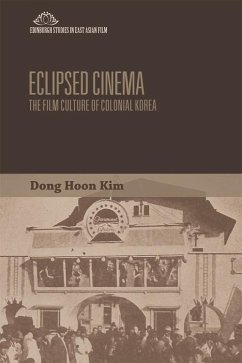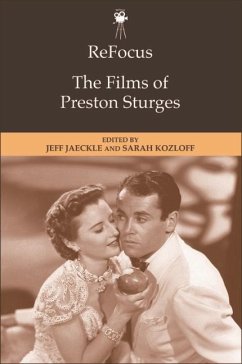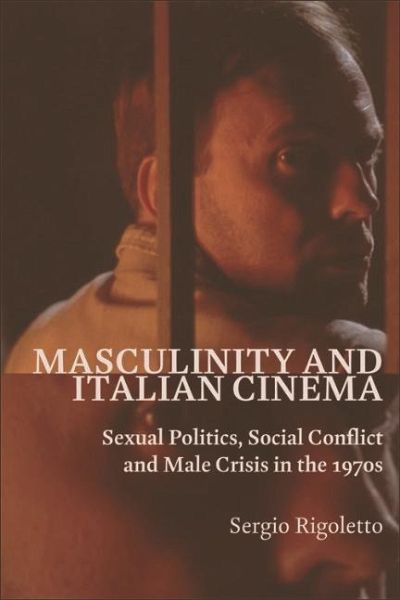
Masculinity and Italian Cinema (eBook, PDF)
Sexual Politics, Social Conflict and Male Crisis in the 1970s
Versandkostenfrei!
Sofort per Download lieferbar
0,00 €
inkl. MwSt.
Weitere Ausgaben:

PAYBACK Punkte
0 °P sammeln!
Headline: A study of how Italian films re-envisage male identity in response to sexual liberationBlurb: Italian cinema has traditionally used the trope of an inadequate man in crisis to reflect on the country's many social and political upheavals. Masculinity and Italian Cinema examines how this preoccupation with male identity becomes especially acute in the 1970s when a set of more diverse and inclusive images of men emerge in response to the rise of feminism and gay liberation. Through an analysis of the way Italian films explore anxieties about male sexuality and femininity, the book shows...
Headline: A study of how Italian films re-envisage male identity in response to sexual liberationBlurb: Italian cinema has traditionally used the trope of an inadequate man in crisis to reflect on the country's many social and political upheavals. Masculinity and Italian Cinema examines how this preoccupation with male identity becomes especially acute in the 1970s when a set of more diverse and inclusive images of men emerge in response to the rise of feminism and gay liberation. Through an analysis of the way Italian films explore anxieties about male sexuality and femininity, the book shows how such anxieties also intersect with particular preoccupations about national identity and political engagement. This is an essential study-tool to understand the multiple constructions of masculinity in Italian cinema, helping students and researchers to understand the work of some of Italy's most provocative filmmakers.Key Features* Re-examines key Italian films, including Bernardo Bertolucci's The Conformist, Ettore Scola's A Special Day, Pier Paolo Pasolini's Theorem and Lina Wertmuller's The Seduction of Mimi, in the light of gender and queer theory.* Covers the major thematic concerns, genres and stylistic traits of 1970s Italian political cinema* Analyses the broader cultural context of 1970s Italy, including sections on Italian feminism, Gay liberation and the post-'68 social movements.Key Words: Gender; Queer; Body; Gay; Feminism; Pier Paolo Pasolini; Bernardo Bertolucci; Lina Wertmuller; Nanni Moretti; Federico Fellini; Ettore Scola; Marco Ferreri.
Dieser Download kann aus rechtlichen Gründen nur mit Rechnungsadresse in A, B, BG, CY, CZ, D, DK, EW, E, FIN, F, GR, HR, H, IRL, I, LT, L, LR, M, NL, PL, P, R, S, SLO, SK ausgeliefert werden.




